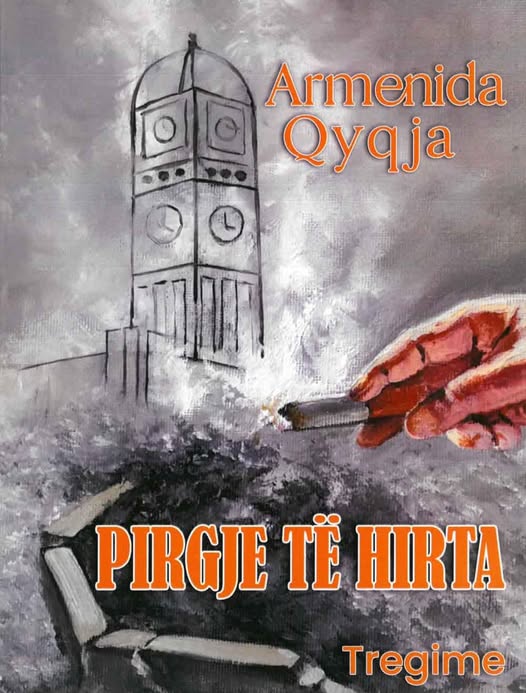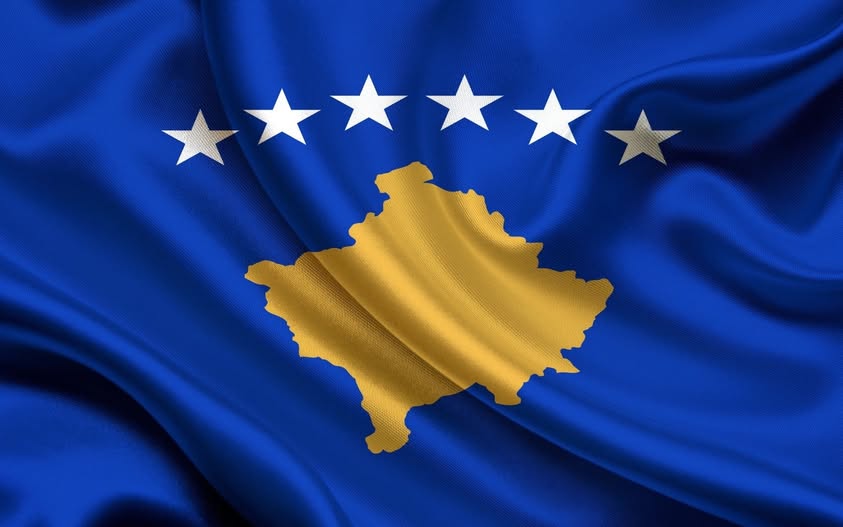
Hisen Berisha/
Edhe pse ka informacione të kufizuara, apo nuk ka fare informacione publike mbi një nismë të re për krijimin e një “Organizate të Sigurisë së Evropës” siç doli nga samiti në Londër, po rezulton që të ketë pasur diskutime për forcimin e strukturave ekzistuese të sigurisë në Evropë, pa detaje specifike, për ç’gjë është e vështirë të ofrohet një vizualizim i asaj që duhet bërë.
Është e rëndësishme të theksohet se ekziston tashmë Organizata për Siguri dhe Bashkëpunim në Evropë (OSBE), e cila është organizata më e madhe rajonale e sigurisë në botë me 57 shtete pjesëmarrëse nga Evropa, Azia Qendrore dhe Amerika e Veriut.
OSBE-ja trajton një gamë të gjerë çështjesh sigurie, duke përfshirë kontrollin e armëve, promovimin e të drejtave të njeriut, lirinë e shtypit dhe zgjedhjet e lira dhe të ndershme.
Por çka e shkaktoi këtë brainstorming në fushën e sigurisë për BE?
Gjatë administratës së parë të Presidentit Donald Trump (2017-2021), ai ushtroi presion mbi vendet evropiane anëtare të NATO-s për të rritur shpenzimet e tyre të mbrojtjes, duke kërkuar që ato të arrijnë ose tejkalojnë pragun e 2% të Prodhimit të Brendshëm Bruto (PBB). Kjo kërkesë nxiti diskutime mbi nevojën për një autonomi më të madhe evropiane në fushën e mbrojtjes, përfshirë edhe idenë e krijimit të një “ushtrie të përbashkët evropiane”.
Në përgjigje të këtyre zhvillimeve, liderët evropianë kanë ndërmarrë hapa për të forcuar kapacitetet mbrojtëse të Bashkimit Evropian. Presidentja e Komisionit Evropian, “Komandanti” Ursula von der Leyen, njoftoi një plan të quajtur “Riarmatimi i Evropës”, i cili synon rritjen e shpenzimeve në sektorin e mbrojtjes dhe forcimin e industrisë evropiane të mbrojtjes.
Megjithatë, propozimet për krijimin e një ushtrie të përbashkët evropiane shkojnë përtej traditës evropiane të sigurisë e mbrojtjes, ndaj dhe kanë hasur në kundërshtime nga disa vende anëtare.
E para, Britania e Madhe, përkundër “Brexit”, ka shprehur qëndrimin e saj kundër një ushtrie të tillë.
Kjo është argumentuar me faktin se kjo mund të minojë rolin e NATO-s si garantuesi kryesor i sigurisë në Evropë. Ky qëndrim i Mbretërisë së Bashkuar justifikon dhe përforcon idenë që përpunova kohë më parë se: “NATO duhet të mbetet aleanca botërore e sigurisë globale, jo vetëm në kuptimin e saj tradicional si mburojë e Evropës, por edhe si një mekanizëm i përfshirë në stabilitetin e rendit ndërkombëtar.
Për ta mbajtur këtë status, NATO varet nga një faktor kryesor i sigurisë globale: supremacia ushtarake dhe strategjike e Shteteve të Bashkuara.
Forcat e Armatosura të SHBA-së duhet të mbeten SUPËRFUQIA botërore, që i jep kuptim Artikullit V të Kartës së Kombeve të Bashkuara, duke e bërë atë një mekanizëm real dhe efektiv, e jo thjesht një deklaratë politike.”
Ky vlerësim mbështetet në faktin se: “Nëse NATO nuk e forcon këtë rol, ekziston rreziku që vakumi i sigurisë të mbushet nga aktorë si Rusia dhe Kina, të cilët synojnë të dobësojnë Perëndimin.” Po ashtu, “nëse SHBA e dobëson dominimin e saj ushtarak dhe strategjik, atëherë edhe siguria kolektive globale do të vihet në pikëpyetje.”
Në përgjithësi, ndërsa kërkesat e administratës Trump për rritjen e shpenzimeve të mbrojtjes kanë nxitur diskutime mbi autonominë strategjike evropiane, krijimi i një ushtrie të përbashkët evropiane mbetet një çështje komplekse dhe e debatueshme brenda Bashkimit Evropian. Ajo çfarë vërehet në skenë është se parametrat e sigurisë globale janë luhatur dhe po determinohen jo më mbi parimin e forcës, por mbi interesa dhe fuqi. Kjo është një frymë e re që po e imponon realpolitika e administratës së SHBA-së.
Kjo imponon rishikim të pozicionit gjeostrategjik politik për secilin vend e komb, në rendin e ri botëror.
Vonesat në proceset e konsolidimit politik, ekonomik dhe të sigurisë të lënë jashtë procesit.



